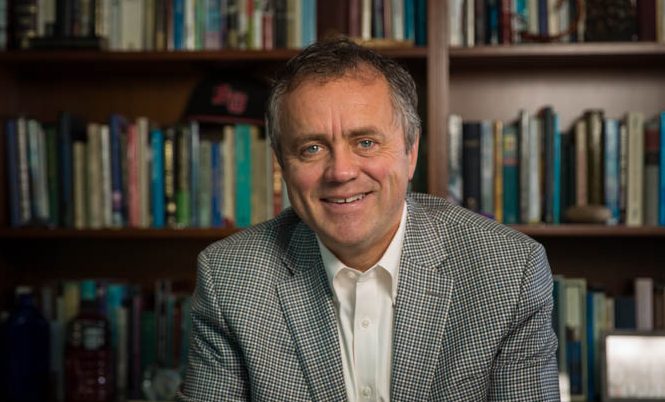Faith-based higher education is deeply misunderstood by many who hold political office.
A foreign concept
Case in point. A few weeks ago I visited the office of a state senator who recently introduced a bill in the California State Senate that would define religious higher education only as those institutions that prepare priests or pastors for professional religious work. That certainly would make a school religious, but I went to the senator’s office to make a point that a place like Biola sees Christians in all professions as being in ministry, not just students studying to work in a church.
This seemed like a foreign concept to the senator’s legislative director that afternoon. People in roles like hers that do not know much about Christian higher education have a hard time comprehending what we mean by integrating a Christian worldview into all of our courses. They cannot grasp why a math professor has to be a Christian. They wonder why certain values we hold would matter to an accountant who works at Biola or one of our financial aid counselors. It has not crossed their mind that students would want to go to a university where they would take 30 units of biblical studies, a virtual minor.
The bigger question underlying my conversation that day seemed to be, “If colleges and universities like Biola are religious, are they also mean-spirited and discriminatory?” Somewhere along the line, a faith-based community has become synonymous with a bigoted community. I went to Sacramento to put a face on who we are and what we stand for, because unfortunately special interest groups have been defining us in ways that distort what is at the heart of a learning community like Biola. And this misperception needs to be corrected.
I tried to convey that day in the California State House that we are a community of lived values, grounded in Scripture. I tried to convey that we are not making rules and community standards to be mean or discriminatory to certain groups of people. We value all people as beings created in the image of God and thereby imbued by Him with dignity. But we are living in a community centered on Scripture; Scripture that calls us to hold certain convictions and to put those convictions into practice through behavior expectations for those who voluntarily join our religious community. And this has long been a constitutionally and legislatively protected freedom in America.
flourishing in the fullness of life
Our religious beliefs are long-standing and they arise from biblical passages, church tradition and the wisdom of the Holy Spirit. I was not asking the legislators in Sacramento to share our beliefs, or even to understand them. I was just asking them to allow us the space to exercise our religious practices consistent with our deeply held and time-honored beliefs. Why? Because we believe that the way God intended things to be is the way of flourishing in the fullness of life.
I flew back to Los Angeles that night distressed about the assumptions some people have about Christian colleges and universities like Biola: that we are academically weak, Bible-beating places full of bigots and worse. This is flatly untrue. On the contrary, we are making profound contributions to the common good of society, not in spite of our Christian faith convictions but because of them.
A democratic society like ours benefits from vibrant institutions like Biola, whose deeply held religious convictions uniquely inspire moral formation, community service and good citizenship. To weaken the presence of Christian colleges in the landscape of higher education, or for us to lose our distinctiveness by being made to align with every value of the dominant culture, would be a significant deprivation for society.







